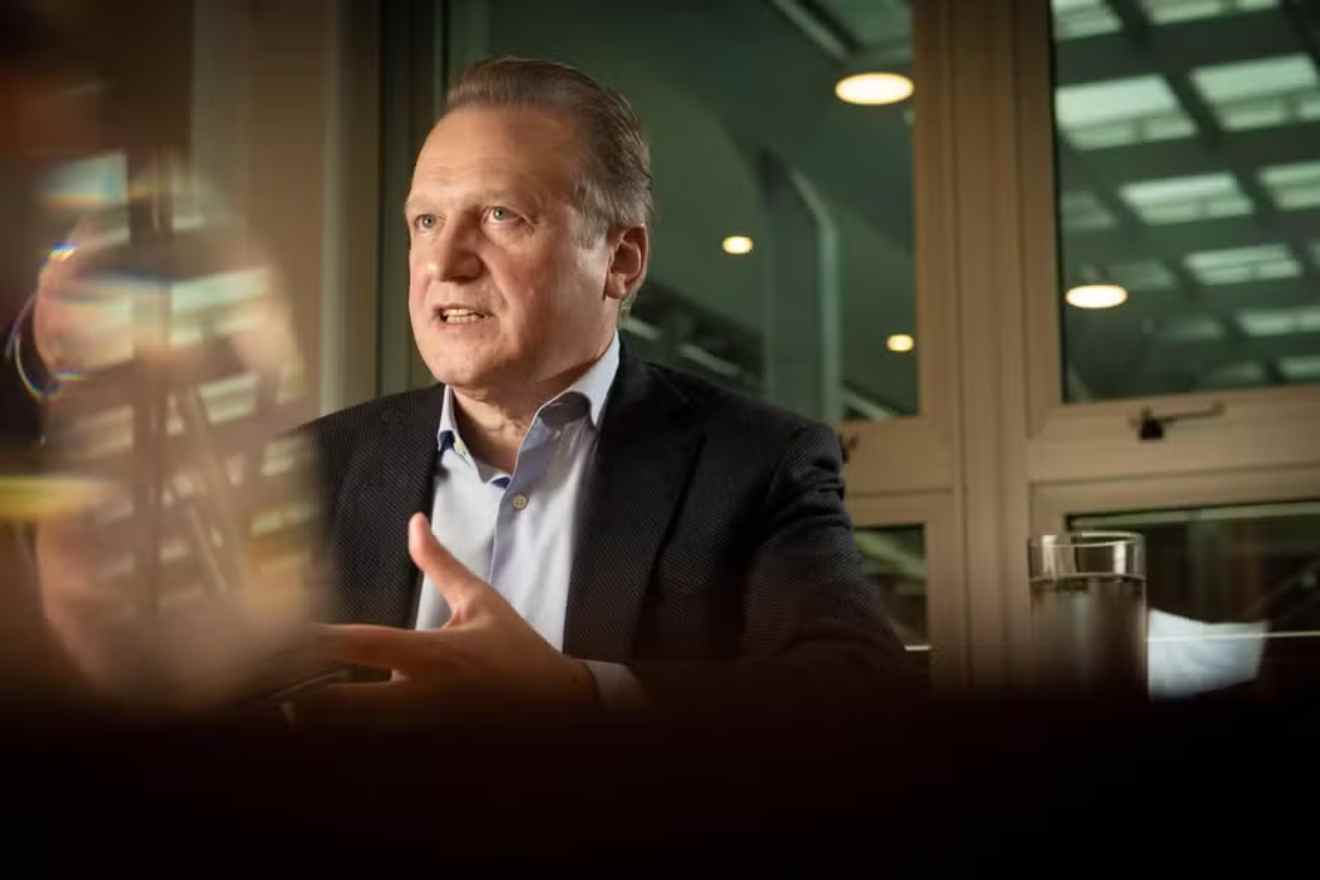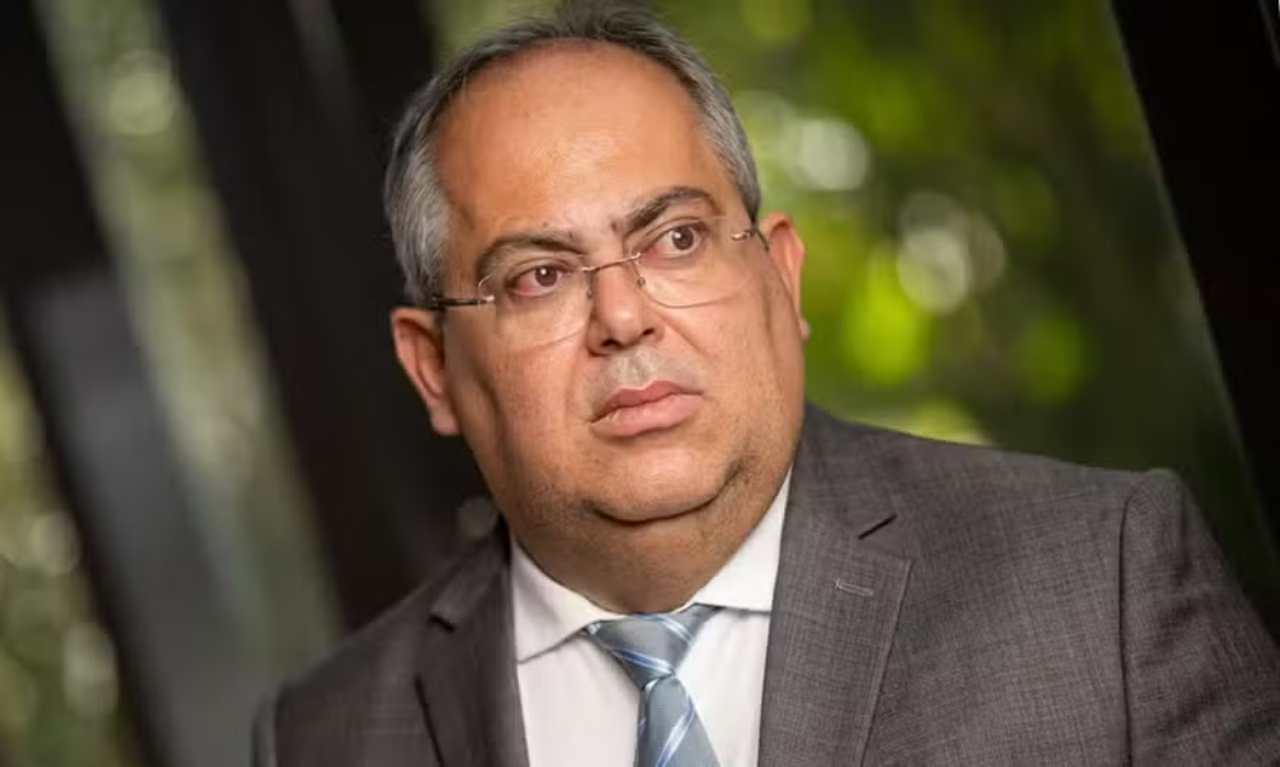Climate Conference kicks off in Baku, Azerbaijan, with Brazil’s delegation led by Vice-President Geraldo Alckmin.
The 29th Conference of the Parties to the Climate Convention (COP29), which brings together international leaders in Baku, Azerbaijan, began with a significant breakthrough in negotiations. On the first day of the multilateral meeting, negotiators reached an agreement on global carbon credit market rules. This mechanism is seen as essential to unlocking billions of dollars in funding for climate change mitigation efforts.
Under the agreement, the mechanism will be managed by the United Nations (UN). The carbon credit market allows buyers to acquire credits to offset their pollutant emissions, paying those who reduce their emissions through conservation actions to preserve the environments that prevent these emissions.
COP29 opened with the reminder that a crucial issue in the fight against climate change must be addressed: financing for sustainable development. Emerging nations are demanding that wealthier countries contribute more significantly to achieving the targets set by the Paris Agreement.
UN Secretary-General António Guterres opened the high-level segment of the conference on Tuesday, expressing confidence that an agreement on finances could be reached. “Developing countries should not leave Baku empty-handed,” he urged. “COP29 must break down the walls of climate financing.”
Guterres emphasized that the world is on a “final countdown” to limit the global temperature increase to 1.5°C and warned that 2024 is projected to be the hottest year on record. He called current events “a master class in climate destruction,” adding, “No country is spared.”
He also highlighted the economic aspect of climate issues: “Supply chain shocks are raising costs everywhere,” “devastated crops are raising food prices globally,” and “destroyed homes are increasing insurance premiums everywhere.”
“The rich cause the problem, the poor pay the highest price,” he said, citing an Oxfam study showing that the wealthiest billionaires emit more carbon in an hour and a half than an average person does in their entire life.
“Now, unless emissions fall drastically and adaptation increases, all economies will face an even greater fury.”
However, Guterres stated that there is reason for hope, provided governments deliver on their promises: to phase out fossil fuels, accelerate renewable energy, boost climate adaptation, and align the next round of Nationally Determined Contributions (NDCs) with the 1.5°C limit. “It’s time to deliver,” he demanded.
“The world is with you,” Guterres told representatives of the 193 governments in Baku. He referenced a study by Oxford University and the UN Development Program showing that 80% of people around the world want more climate action.
He also stressed that the economic imperative is becoming clearer: “Every renewable energy launch, every innovation, and every price drop makes this more compelling.” In 2023, for the first time, investment in green and renewable energy surpassed spending on fossil fuels. “Doubling down on fossil fuels is absurd.”
“The clean energy revolution is here. No group, no company, and no government can stop it,” he continued, without naming U.S. President-elect Donald Trump.
Guterres urged governments to cut emissions by 43% by 2030 compared to 2019 levels—equating to a global reduction of 9% per year.
“Now, at this COP, they must agree on rules for fair and effective carbon markets to support this fight,” he continued, noting that the previous evening’s negotiations made a “first important step.” “You must build on it by agreeing on rules for markets that respect the rights of local communities and leave no room for greenwashing or land grabbing.”
He continued to hold countries accountable for promises made, demanding that they deliver their NDCs by COP30 in Brazil, aligned with the 1.5°C target, covering all emissions and all sectors of the economy; triple renewable energy capacity; double energy efficiency; and halt deforestation by 2030.
“Reduce global fossil fuel production and consumption by 30% by the same date,” he added. “All of this must be achieved in accordance with the principle of common but differentiated responsibilities and respective capabilities, considering national circumstances,” Guterres emphasized, reminding that wealthier countries must lead.
“The G20 must lead,” he added. “They are the largest emitters with the greatest capabilities and responsibilities” and “must bring their technological expertise, with developed countries supporting emerging economies.”
Guterres also stressed the need for greater focus on climate adaptation. He referenced the latest UN Environment Program (UNEP) report, which shows that the adaptation financing gap could reach $359 billion annually by 2030.
“These lost dollars are not abstractions on a balance sheet: they represent lives lost, crops destroyed, and development denied,” he summarized.
“Now, more than ever, financial promises must be kept. Developed countries must race against time to double adaptation financing to at least $40 billion annually by 2025,” he urged.
The Loss and Damage Fund, established in 2023 for countries unable to adapt, must have resources and funding flowing, he said. When discussing financing, he noted that developing countries face scarce public financing, high capital costs, devastating climate disasters, and debt servicing that consumes resources.
“Last year, emerging markets and developing countries outside of China received only $0.15 for every dollar invested in clean energy globally,” he cited.
Guterres outlined what he sees as the five fundamental elements for COP29 to resolve climate financing with a new financial target suited to the current moment.
- A significant increase in concessional public finance.
- A clear indication of how these public funds will mobilize the trillions of dollars that developing countries need.
- Exploring innovative sources such as taxes on maritime transport, aviation, and fossil fuel extraction, based on the principle that polluters should pay.
- Creating a structure for greater accessibility, transparency, and accountability, giving developing countries confidence that the money will materialize.
- Increasing the lending capacity of Multilateral Development Banks, requiring significant recapitalization and reforms to their business models to leverage much more private financing.
“The available resources may seem insufficient, but they can be multiplied with a significant change in how the multilateral system operates,” he continued. “Large sums require big changes.”
Climate financing, he stated, “is not charity; it is an investment,” and “climate action is not optional, it is imperative.”
“Brazil is a Leader”
On Tuesday, November 12, Vice President Geraldo Alckmin inaugurated the Brazil Pavilion at COP29, highlighting the country as a “key player in the climate change debate.” The Brazilian delegation includes Environment Minister Marina Silva, Transport Minister Renan Filho, Minister of Agrarian Development Paulo Teixeira, Minister for Indigenous Peoples Sônia Guajajara, and Maria Laura Rocha, Secretary-General of the Itamaraty.
In his speech at the Pavilion, before Brazil’s plenary participation, Alckmin emphasized that Brazilian authorities are committed to meeting climate goals. “Brazil is the leader in this debate on combating climate change. We have the world’s largest tropical forest, the cleanest electricity in the world, and 85% of our electricity is generated from renewable sources—hydropower, solar, wind, and biomass,” said the Vice President.
Alckmin also noted that Brazil has one of the most advanced biofuel goals globally. “We have the best biodiesel in the world. It was 10%, now it’s 12-14%, and next year, it will be 15%,” he said, adding that the country aims to swap kerosene for SAF (Sustainable Aviation Fuel) and biogas for green hydrogen.
The Vice President also praised Minister Marina Silva’s efforts to reduce deforestation in Brazil. “We aim for zero deforestation. Congratulations to Minister Marina, who reduced deforestation in the Amazon by 45.7%. In the Cerrado, where deforestation had increased for five years, it decreased by 25%.”
Alckmin further highlighted efforts to regulate Brazil’s carbon market, which is expected to be voted on in the Senate today, and reiterated the country’s goals: “Brazil has set an ambitious NDC [Nationally Determined Contribution]. We aim to reduce emissions by 850 million tons of CO2 by 2035.”
He concluded his speech at the Pavilion by inviting attendees: “See you next year in Belém, Brazil.”
Before inaugurating the Pavilion, Alckmin began the Brazilian agenda at the event with a meeting with UN Secretary-General António Guterres.





